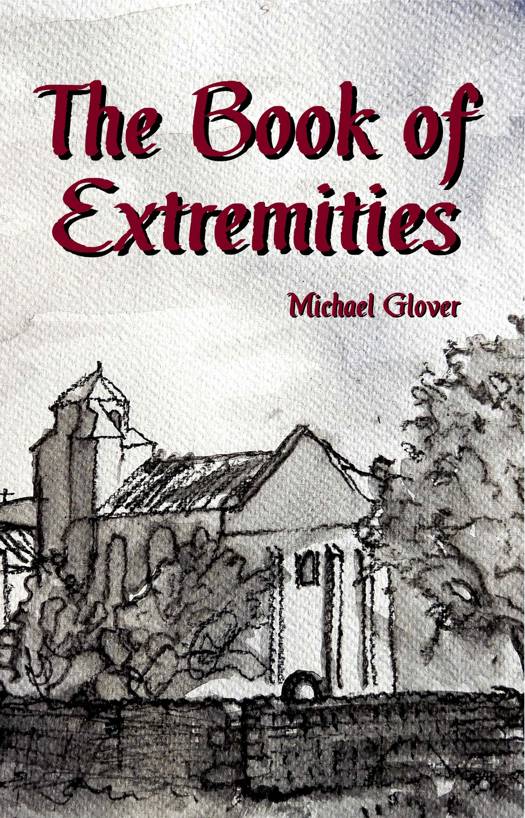
- Afhalen na 1 uur in een winkel met voorraad
- Gratis thuislevering in België vanaf € 30
- Ruim aanbod met 7 miljoen producten
- Afhalen na 1 uur in een winkel met voorraad
- Gratis thuislevering in België vanaf € 30
- Ruim aanbod met 7 miljoen producten
Omschrijving
The Book of Extremities is a unique piece of writing: a dark, haunting tale that will make you question the nature of fiction. It is a sequence of numbered texts, conceived and written in the house of a priest without a name, in the tiny hamlet of Géay, forty minutes south of La Rochelle, in France. It purports to be a collection of fragments of the priest's writing – a set of anguished emotional outpourings – each one written on a separate piece of paper, organised as well as the author was able.
There are three characters, if they may be referred to as such. Firstly, the priest himself. Secondly the house in which he lives, set down in the shadow of the all-seeing eye of a great Romanesque church, which both defines him and contains him, and against which the drama of his straitened life is played out. Then there is the person whom he addresses intermittently as Paul. The book is an act of prolonged self-scrutiny which seems to take its cue from the habits and the preoccupations of the great French poet, Paul Valéry. But whether Paul an evocation of Valéry himself is a puzzle. At times, the text seems to suggest as such – there are fleeting references to Valéry's life and works. And yet there are also reasons for believing that this is not so much Valéry himself as the phantasmal idea of a great poet, who is both the priest's inspirational companion and his principal antagonist.
Beautiful photographs are juxtaposed with the text, adding to the unique reading experience.
Specificaties
Betrokkenen
- Auteur(s):
- Uitgeverij:
Inhoud
- Aantal bladzijden:
- 264
- Taal:
- Engels
Eigenschappen
- Productcode (EAN):
- 9780463355664
- Verschijningsdatum:
- 7/04/2019
- Uitvoering:
- E-book
- Formaat:
- ePub

Alleen bij Standaard Boekhandel
Beoordelingen
We publiceren alleen reviews die voldoen aan de voorwaarden voor reviews. Bekijk onze voorwaarden voor reviews.











